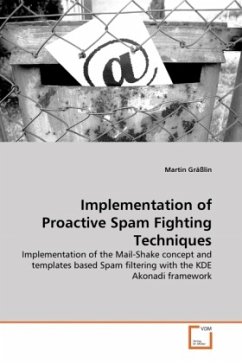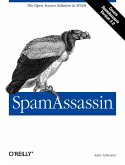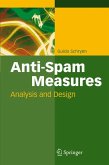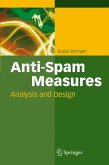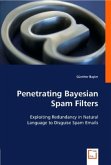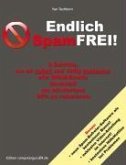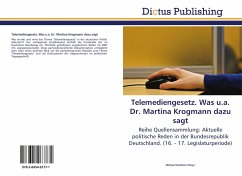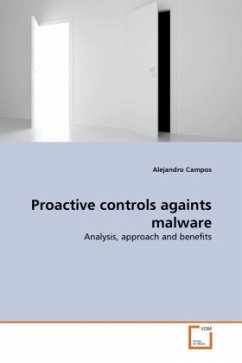In the last years many approaches to reduce the number of spam emails have been proposed. Most of them have in common that the end-user is still required to verify the filtering results. Spam fighting has to become proactive. Unwanted mails have to be blocked before they are delivered to the end-user's mailbox. In this thesis the implementation of two proactive spam fighting techniques is discussed. The first concept, called Mail-Shake, introduces an authentication step before a sender is allowed to send emails to a new contact. Computers are unable to authenticate themselves and so all spam messages are automatically blocked. The development of this concept is discussed in this thesis. The second concept, called Spam Templates, is motivated by the fact that spam messages are generated from a common template. If we gain access to the template we are able to identify spam messages by matching the message against the template. As the template is generated from currently sent spam messages, the template will never match a legitimate mail. In this thesis matching a mail against a template is implemented.

